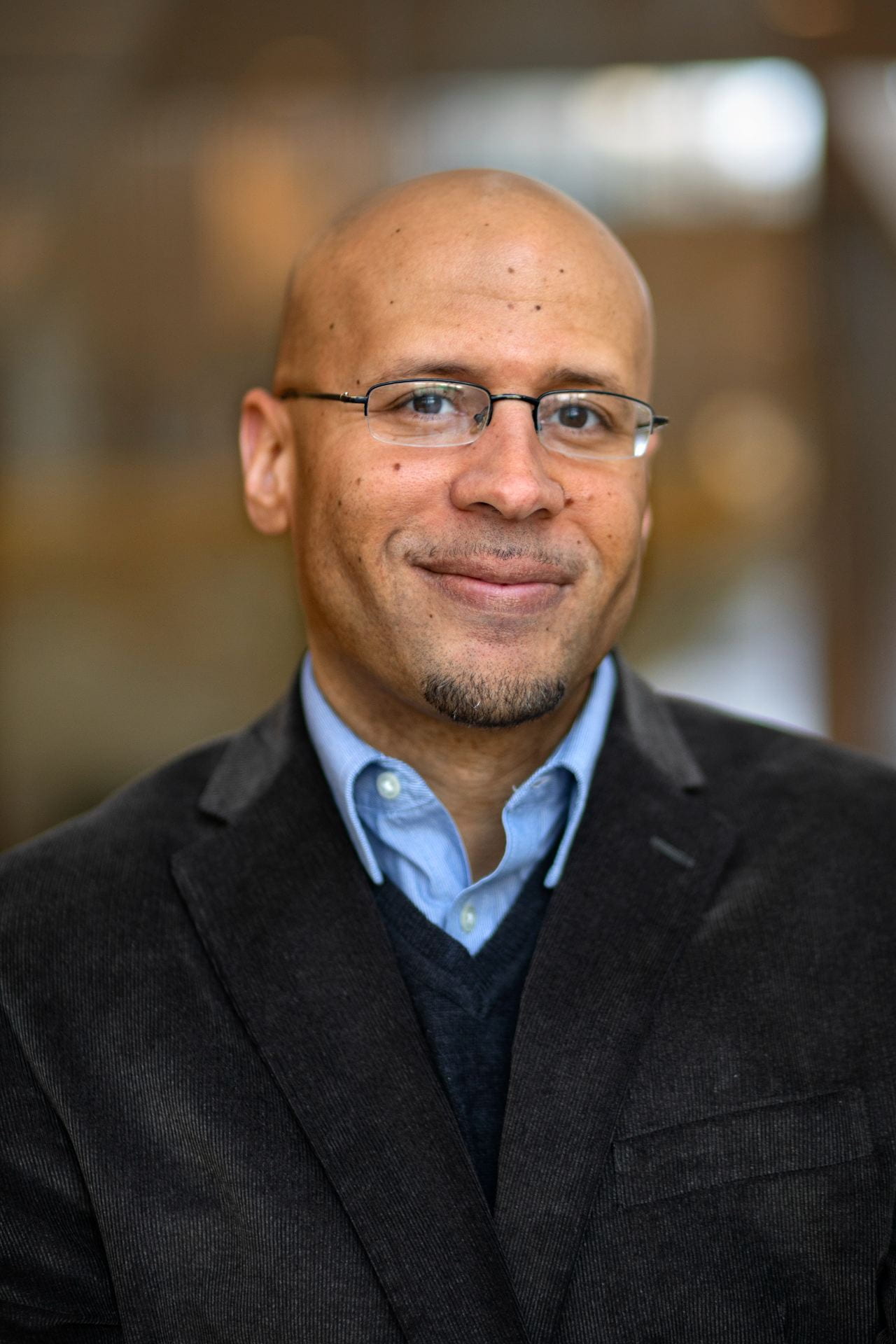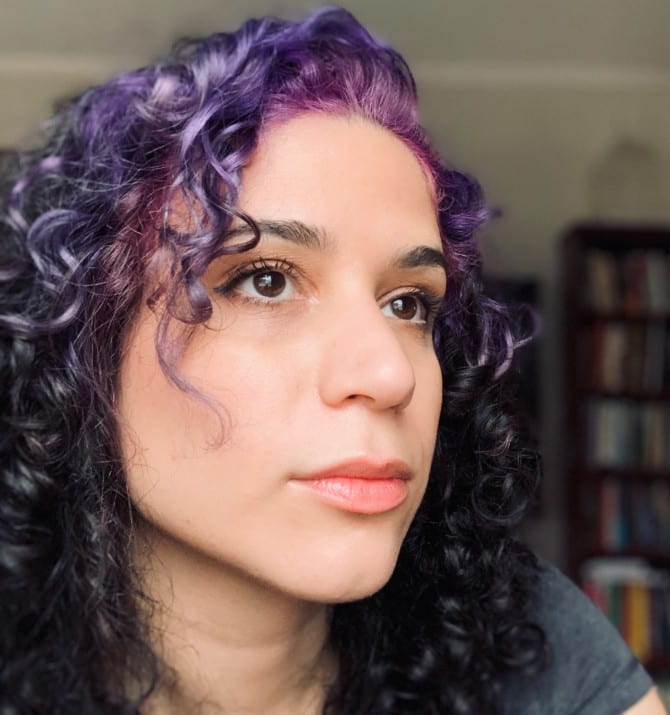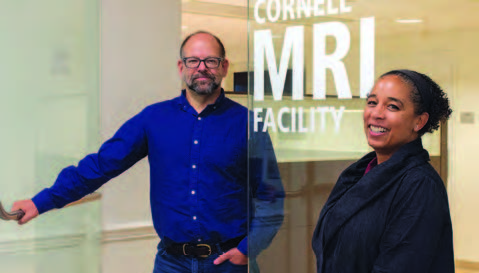
The Bronfenbrenner Center for Translational Research (BCTR) is launching a new project – the Community Neuroscience Initiative, (CNI) headed by four Human Development faculty, Anthony Burrow, Marlen Gonzalez, Eve De Rosa, and Adam Anderson. All have been engaged in STEM outreach and engagement and envision CNI as a way to build connections between neuroscience research, STEM education, and community empowerment. They are excited by community partnerships with scientists that lead to the inception of a project, in contrast to research that typically begins within the university and then involves a community.
Marlen Gonzalez, assistant professor of human development, received a 2021 Cornell Center for Social Sciences fellowship for her project, “The Neuroecology of Space Use, Belonging and Underrepresented Minority experience in Higher Education.” Although most colleges have offices for diversity and inclusion and have used

strategies to create a "sense of belonging" to improve racial disparities in graduation rates, they lack ways to implement neurological moderators. Dr. Gonzalez proposes a neuroecological model to facilitate students’ context-based memory and enhance connectivity between memory and motivational neural systems. This approach would study, for example, the ways in which the social and physical interactions of students in a college environment could impact the neurochemistry of the brain involved in memory and motivation. Dr. Gonzalez wants science about the brain easily understood by all people, not just scientists, and this knowledge can empower communities.

Eve De Rosa, Adam Anderson, and Anthony Burrow co-founded and co-direct, "The Brain Days Program." Dr. De Rosa has been a leader in the CHE community as Dean of Students and a Pathways to Social Justice fellow. She made headlines as the first woman, person of color, and professor from the College of Human Ecology (CHE) to be elected to Cornell's Dean of Faculty. She and Dr. Anderson co-direct the Affect and Cognition Lab (ACLAB). Dr. Burrow directs the BCTR and the Program for Research on Youth Development and Engagement (PRYDE).
As part of The Brain Days Program, once a month, a team of undergraduates travels from Cornell to the Syracuse Academy of Sciences charter school to deliver hands-on, interactive lessons to elementary students on topics such as parts of the brain, the way neurons in the brain connect to each other, and how the brain is involved in emotions and self-control. At the same time, the Cornell students work with Syracuse Academy of Sciences high school student interns who assist with the lessons. The lab has been collecting scientific data on the program, to assess, for example, whether the children enjoy the lessons, and if their academic performance is influenced by the Brain Days program.

